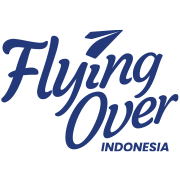meksiko
kerangka robot
cerebral palsy
eksoskeleton pediatrik atlas 2030
atlas 2030
fotodetikcom
fotoinet
FotoINET
Robot Exoskeleton Canggih, Anak Lumpuh Bisa Jalan Sendiri
Claudio Cruz/AFP/Getty Images - detikInet

Meksiko -
Sebuah kerangka robot Atlas 2030 digunakan untuk membantu terapi anak dengan Cerebral Palsy di Meksiko. Dengan alat ini, anak-anak itu bisa berjalan sendiri.
(/)
TAGS














































